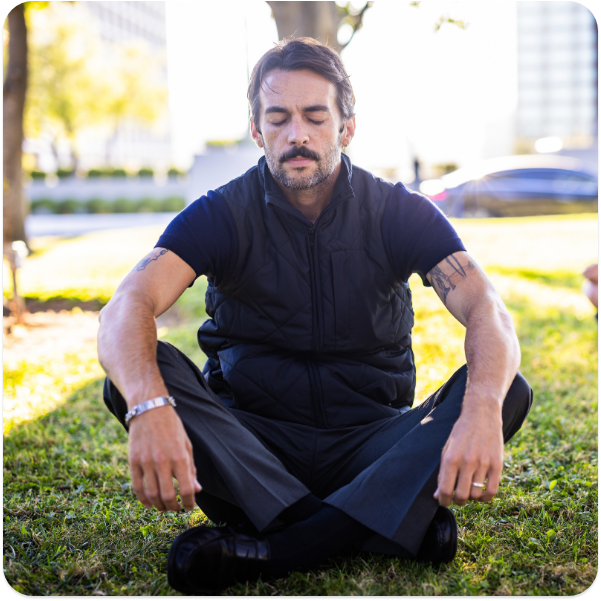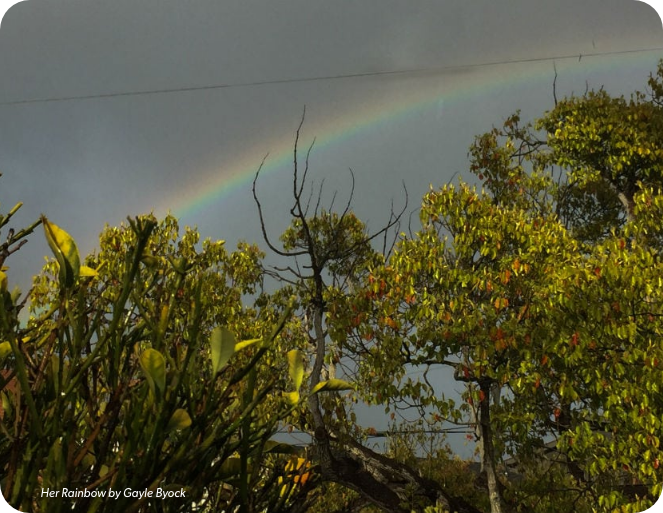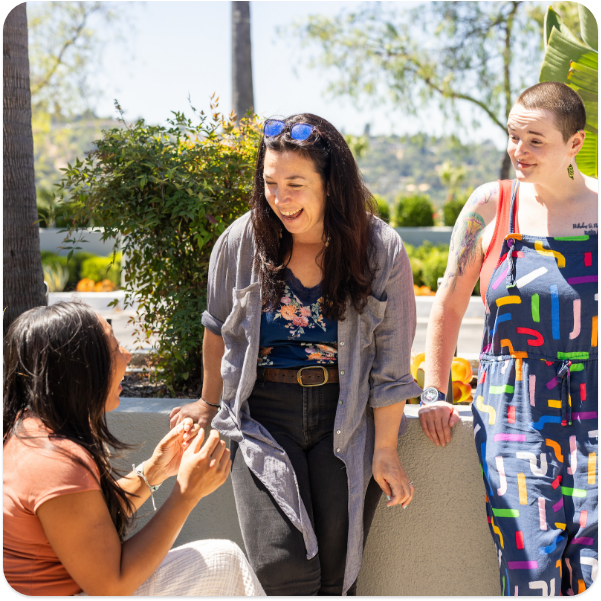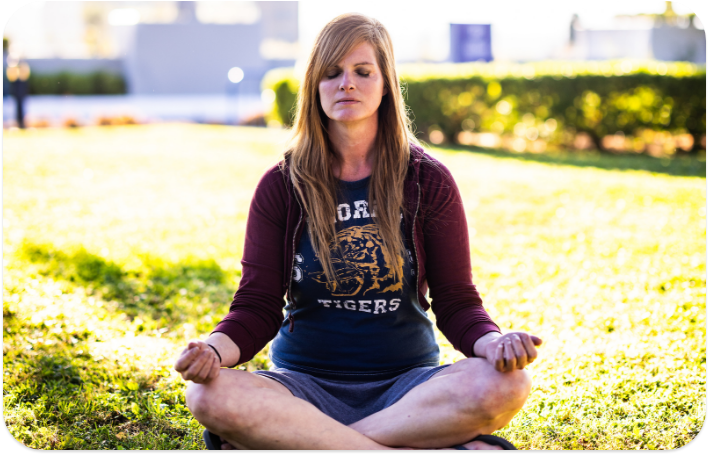Humanistic Psychology at Saybrook
Grounded in our institution’s humanistic approach, Saybrook’s Department of Humanistic Psychology strives to advance the understanding of human experience and contribute to positive social transformation.
Through creativity, spiritual commitment, sound research, scholarly writing, and integrative professional practice, the Department of Humanistic Psychology’s faculty, alumni, and students keep alive the spirit of innovative and creative approaches to the increasingly complex issues of our times.
The Differences Between Humanistic Psychology and Humanistic Clinical Psychology
Psychology is the study of the mind and its behavior. Clinical Psychology uses those principles of psychology and applies them to treating mental health issues in patients.
Our Psychology programs prepare you for a career as a practicing psychologist or faculty member. Many of our graduates use their degrees to explore unique career paths based on their passions, beyond the traditional licensed psychologist or professor route. Using their specializations, they creatively apply their specific expertise to start their own practice or augment an existing career in settings such as research centers, wellness facilities, nonprofits, corporate settings, and more.
What Degree Do You Need to Be a Psychologist?
To pursue a career as a psychologist, you would need to earn a doctoral-level degree. Our Ph.D. in Psychology is a great program for those interested in a psychology career path.
What Kind of Psychologists Make the Most Money?
According to the U.S. Bureau of Labor Statistics, Clinical and Counseling Psychologists make an average salary of $106,600, and General Psychologists make $94,310. This is according to their 2023 data.
What Can You Do With a Degree in Psychology?
Our psychology graduates have enjoyed success in a variety of notable career roles and organizations:
Career Settings
- Health care
- Education
- Corporate environments
- Community organizations
- Private practice
- Research organizations
- Clinical organizations
- Medical centers, hospitals, primary care
- Integrative wellness centers
What Sets Saybrook’s Psychology and Clinical Psychology Programs Apart?
The uniqueness of Saybrook University’s psychology programs lies in our heritage of humanistic, existential, transpersonal, and phenomenological inquiry. Our founders understood human beings to be interconnected with the world around them, that their entire lived experience contributes to an individual’s overall well-being. This humanistic, interdisciplinary approach still guides our psychology programs today.
Expanding beyond traditional boundaries of the field, Saybrook’s psychology curriculums incorporate complementary fields of study that provide a more complete picture of someone’s life, including consciousness, spirituality, integrative health, creativity, innovation, leadership, and more. Through this line of study, faculty and students continue to push psychology forward by questioning, critiquing, and offering alternatives to many of the axioms of mainstream academic psychology.
With programs offered entirely online or through a hybrid-online format, graduate students have the freedom to study from anywhere in the world and the flexibility to earn a degree without sacrificing life’s other responsibilities.

Our Shared Humanistic Legacy
At the Old Saybrook Conference in 1964, Gordon Allport, Rollo May, Carl Jung, and Abraham Maslow articulated the need for a whole-human approach to psychology. They, alongside other innovative thinkers like Charlotte Bühler, Clark Moustakas, James Bugental, and Carl Rogers, formed an approach to psychotherapy that examined a person’s entire experience rather than reducing their past into separate fragments.
Adhering to our founder’s original vision, the Department of Humanistic Psychology and the Department of Humanistic Clinical Psychology embody a truly expansive view of the prosocial human who seeks meaning and well-being in the context of social justice, sustainability, and deeper spiritual connection.

UNBOUND: Humanistic Psychology
Discover the unique ways humanistic psychology students, alumni, and faculty apply their education to cultivate support and strength so others may flourish in the latest from UNBOUND, our online magazine.

Saybrook Learning Model
Our humanistic psychology programs offer an enriching, asynchronous online experience with occasional synchronous elements that bring us together as a community for connection and collaboration. Although most of your time will be online, in-person attendance may be necessary at a University Learning Experience depending on your program’s requirements. Visit the Saybrook Learning Model page to learn more about University Learning Experiences.

























